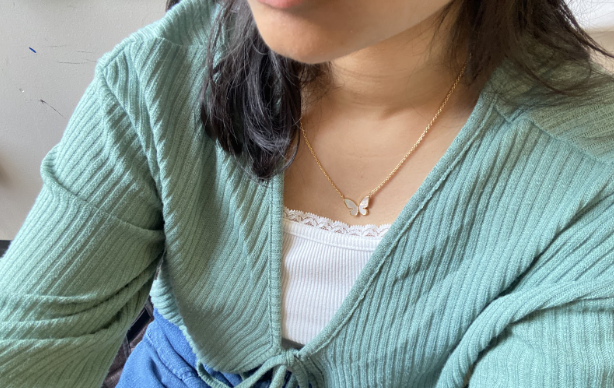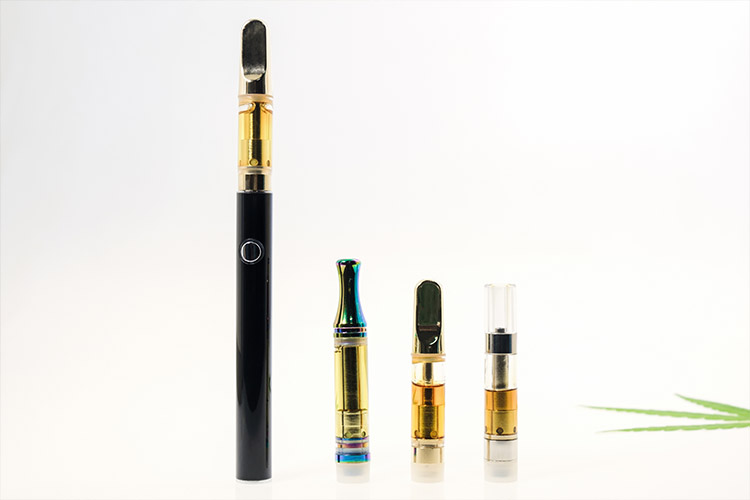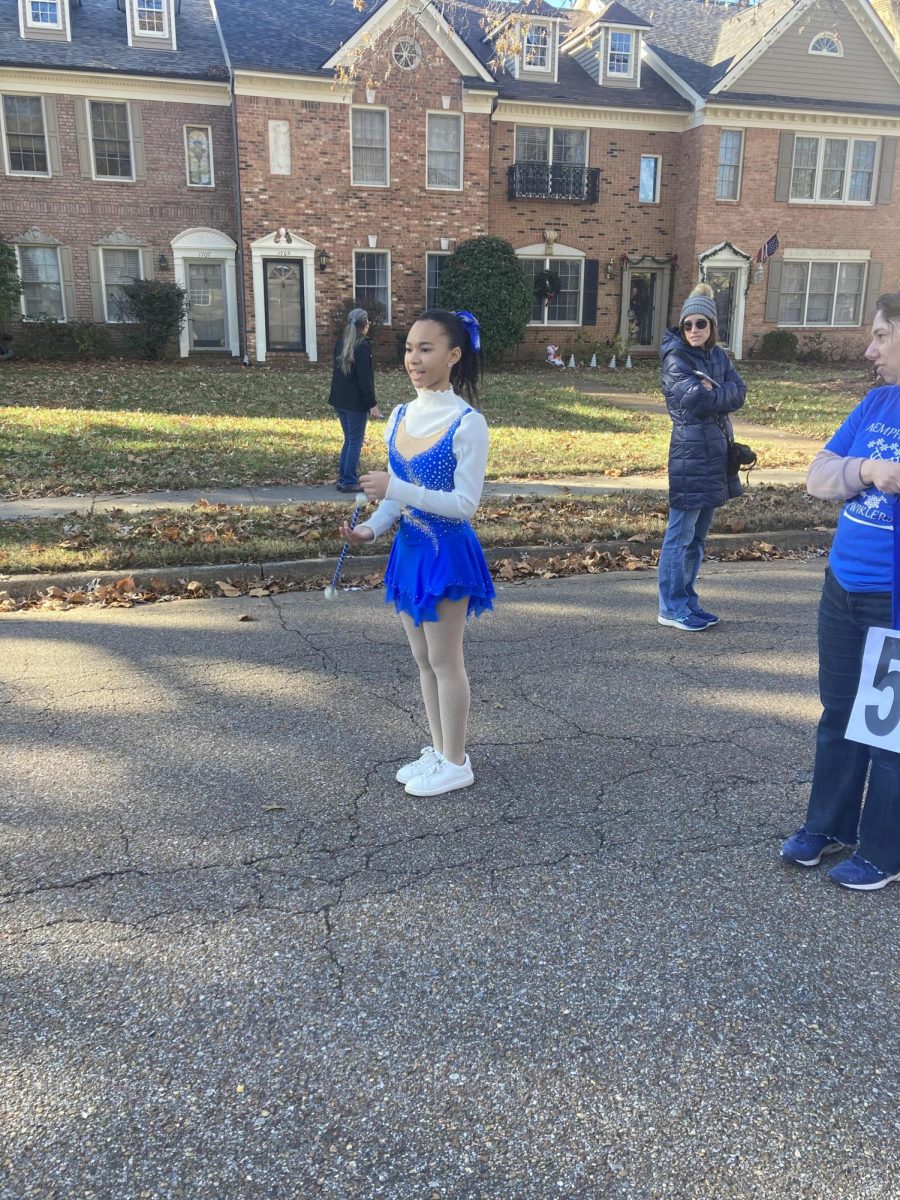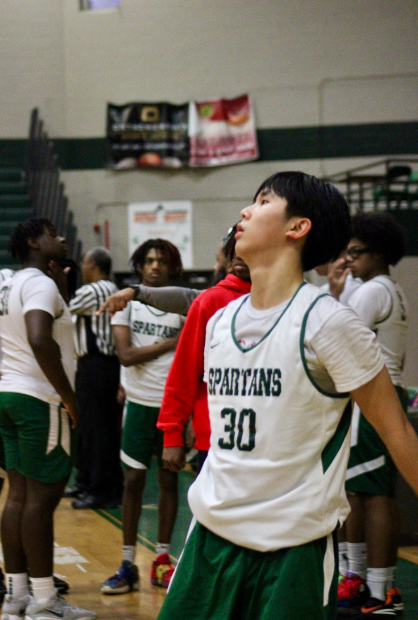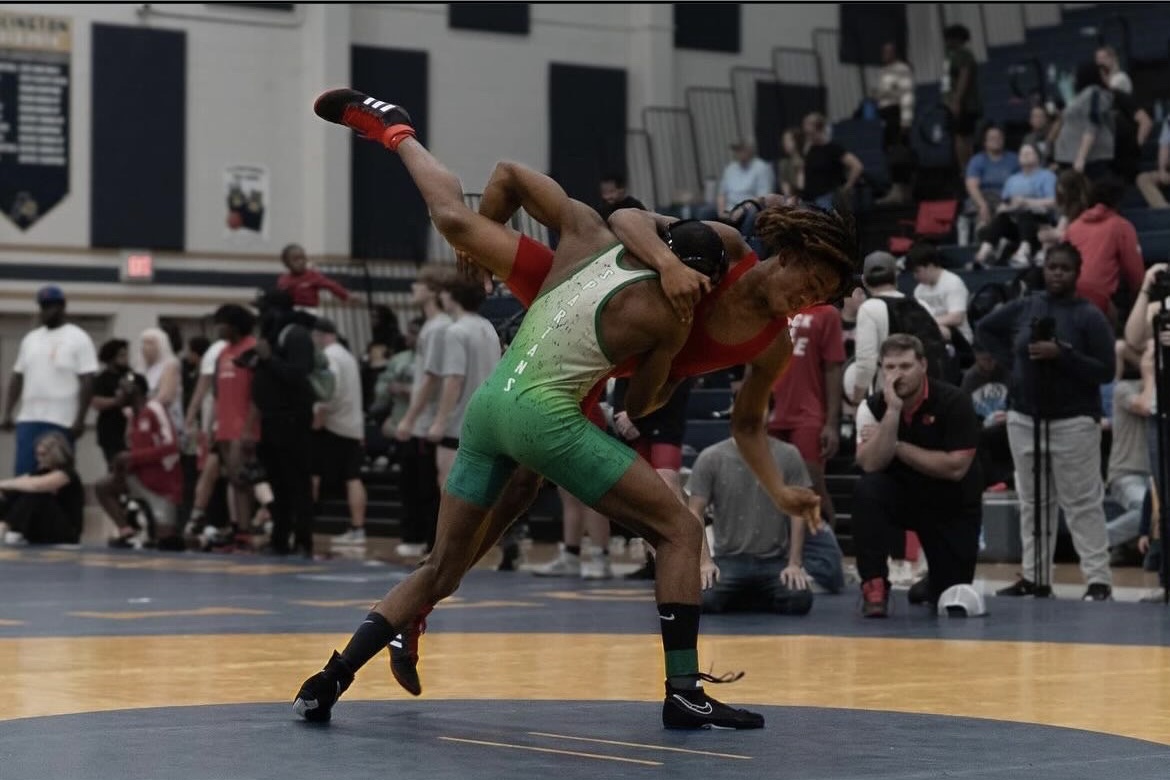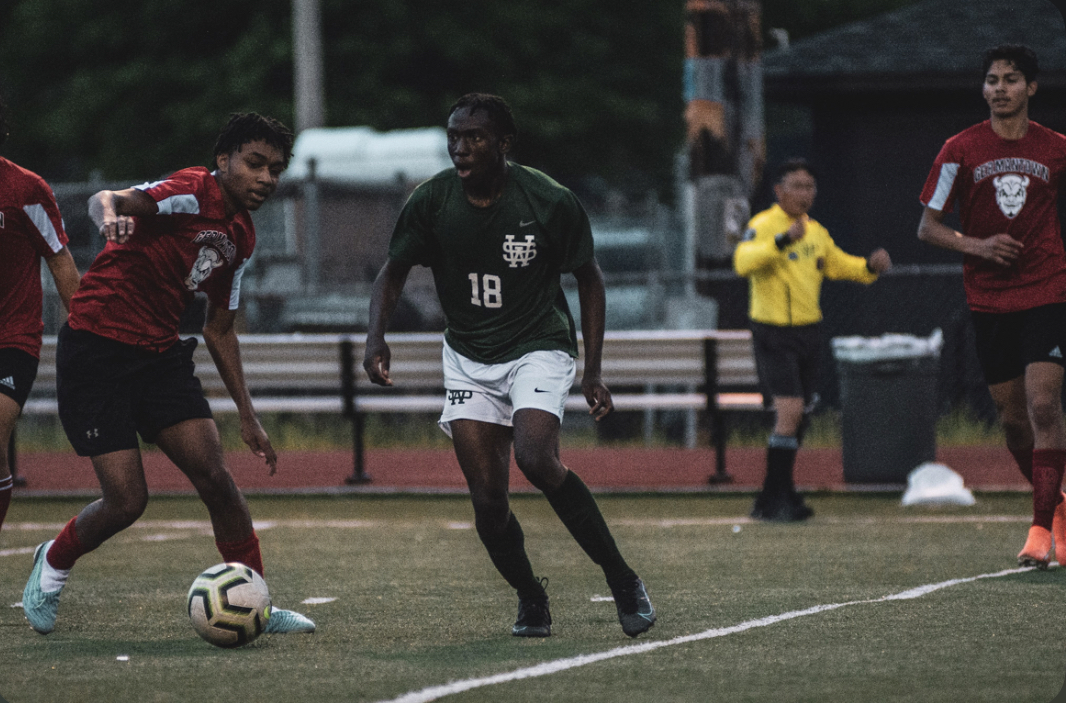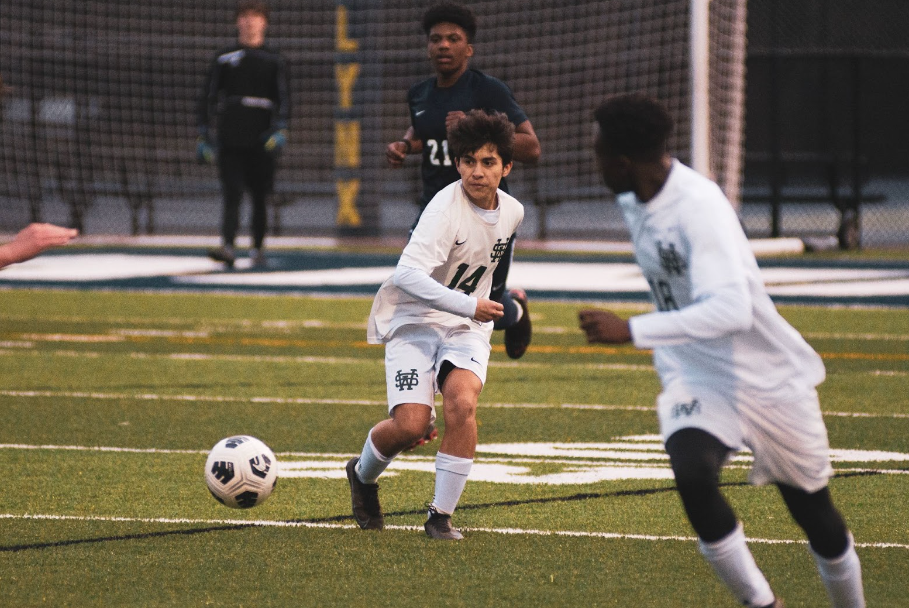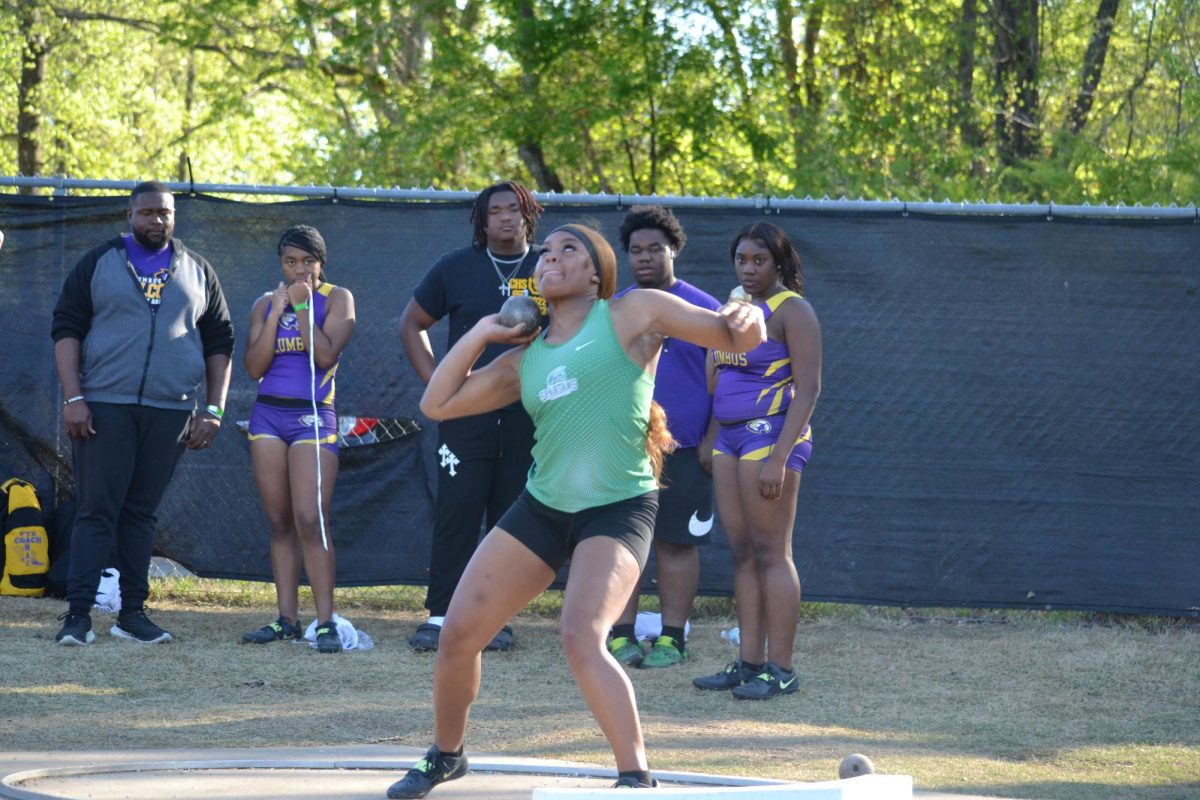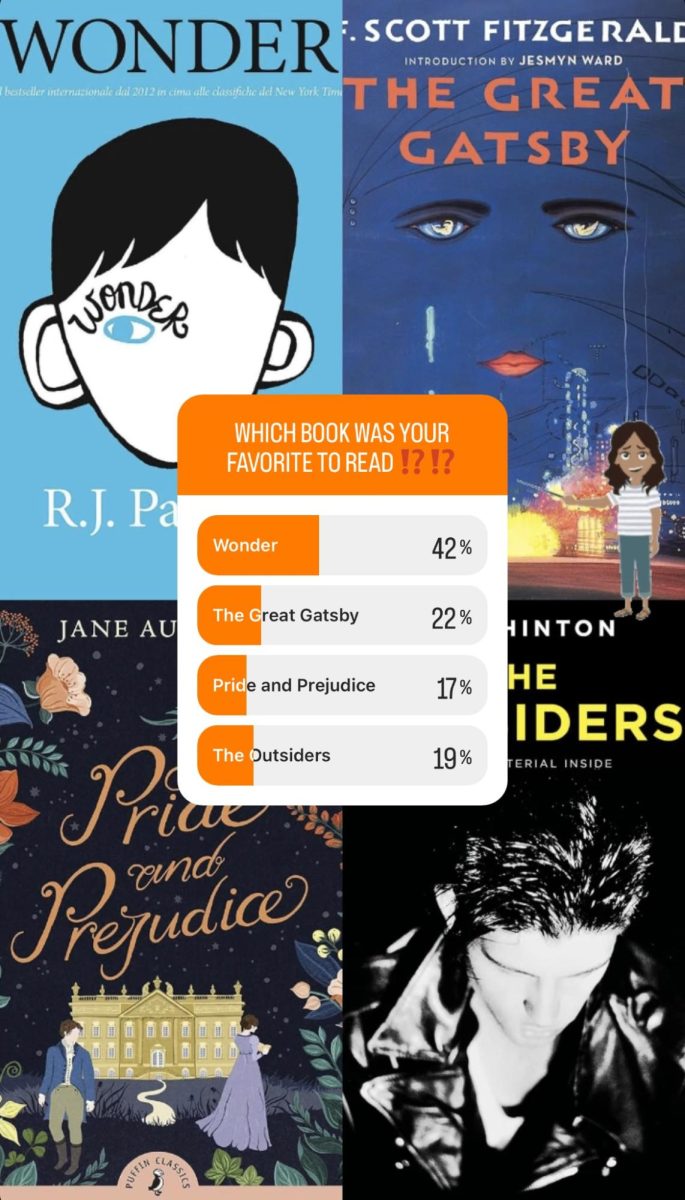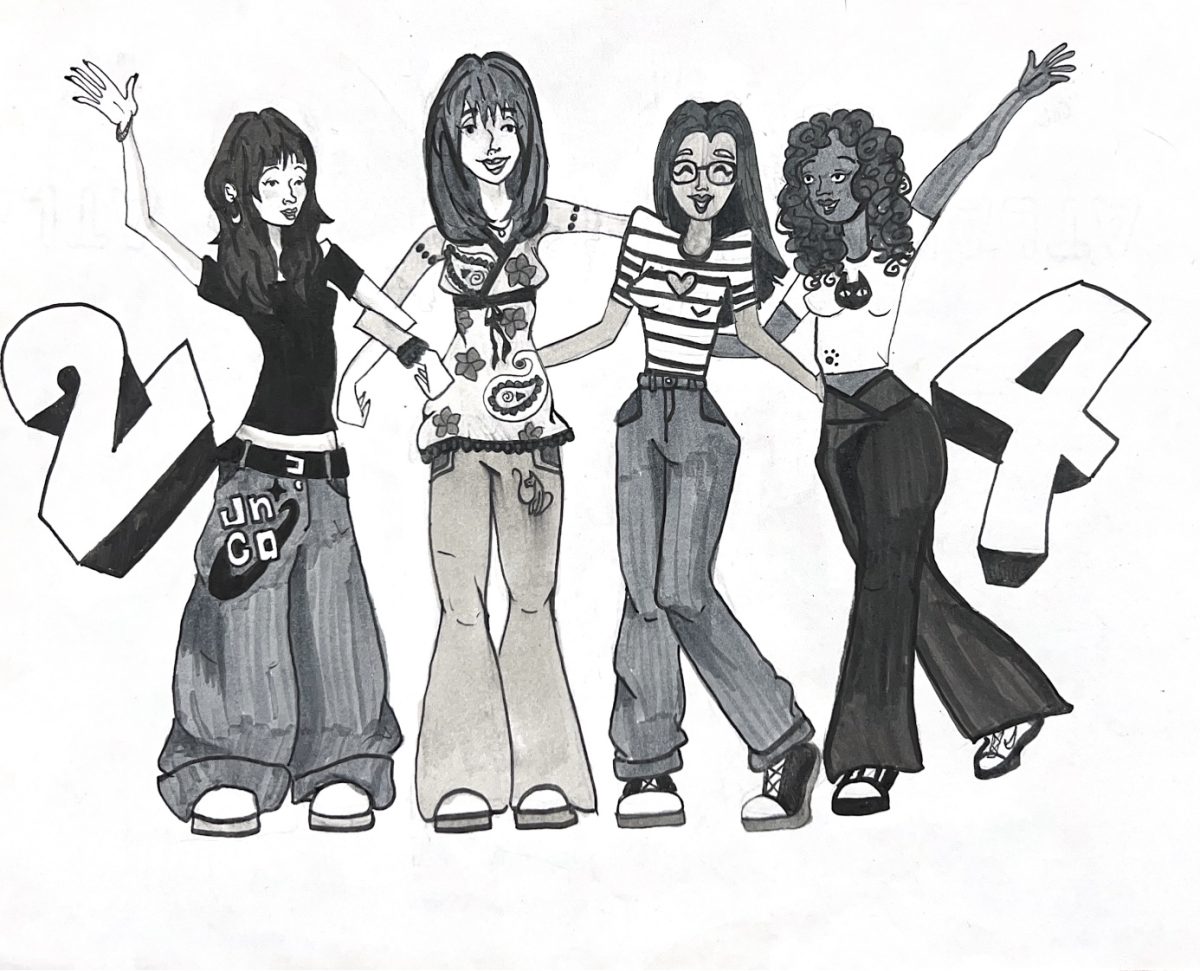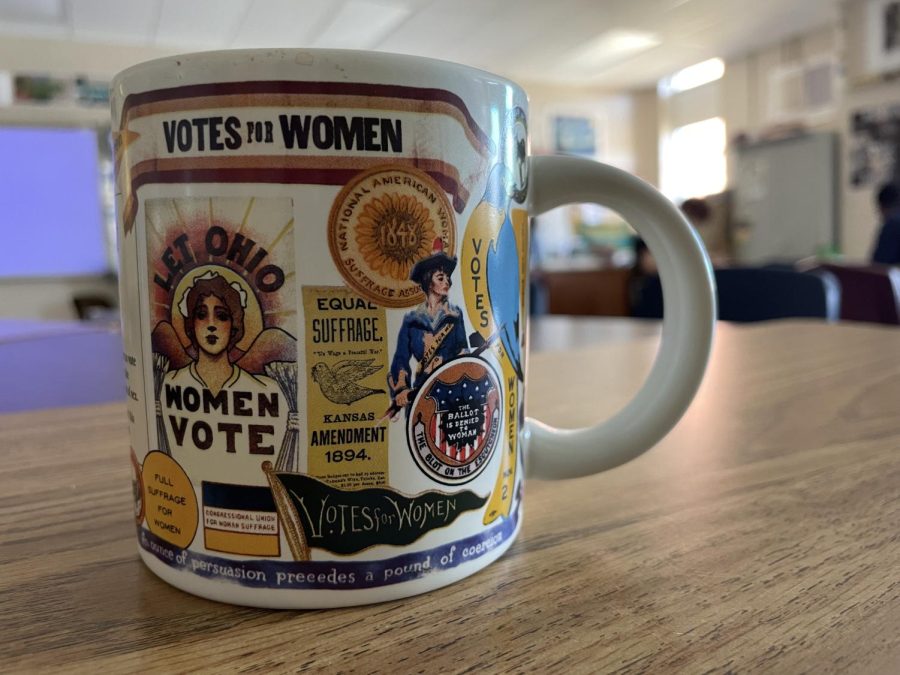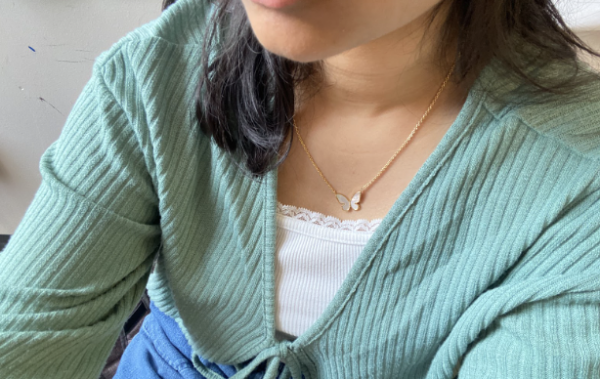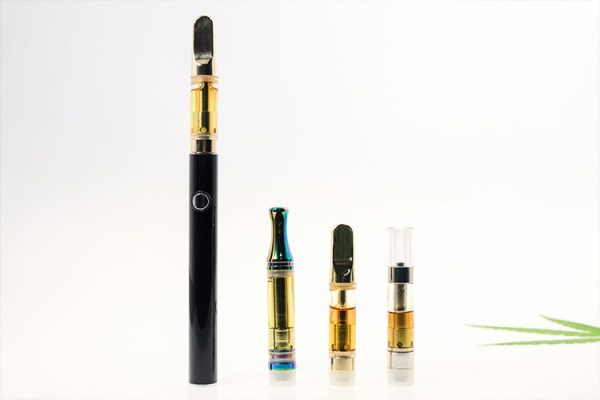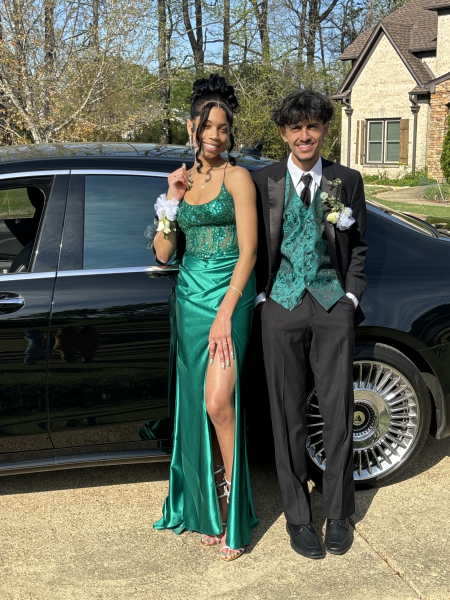Misogynistic microaggressions in everyday language
U.S. History, AP Seminar and AP Research teacher Montana Young has many trinkets representing women’s rights and suffrage, including a coffee mug. A previous student of Young’s gifted her the mug.
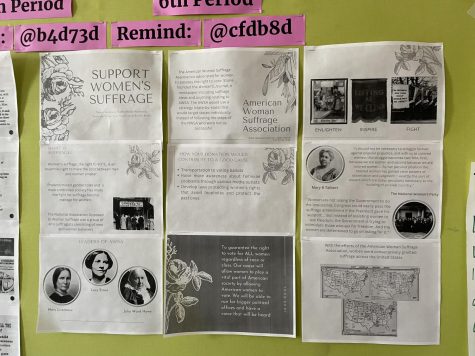
(SOPHIA TURNER//THE SCROLL)
When many people hear the word “misogyny,” many things may pop into their head, such as gender stereotypes, expected roles for women or a general dislike towards women. What many people may not automatically view as misogyny include microaggressions that are often slid into misogynistic humor.
Many common stereotypes and generalizations toward women stem from centuries of degrading women’s societal values and roles. The United States has continued to be a predominantly patriarchal society, with a vast majority of government and leadership positions held by men.
“For a very long time, you could say all of our branches of government, the executive, the legislative and the judicial, have all been predominantly male, and when you have males making decisions for the country which includes males and females, historically there can be a lot of bias at play,” World History teacher Steven Williamson said.
Outside of the U.S. Government, men have ruled in positions of power for thousands of years in patriarchal societies. It can be said that because males typically lead countries, men may be naturally viewed as strong and grounded. As women emerge in crucial leadership roles, they may face backlash.
“I think that it’s very normal to see men in leadership roles, and when women are in leadership roles there is a lot of friction,” Montana Young, an Honors U.S. History, AP Seminar and AP Research teacher, said. “There’s a lot of stories in the news or stereotypes where if a woman is in power she’s seen as aggressive, but a man in power is seen as a leader.”
These misogynistic roots have grown up to the present to invade daily life. Today, society may attribute women as less outspoken or hardworking and claim feminine traits as weaknesses. People who generally perceive women as lesser than men often have a hard time accepting women who prove themselves to be strong, dedicated and adequate.
“As a teacher, when I tell people I’m a teacher, they almost always assume I teach elementary school, and they’re very shocked to learn that I teach high school because high schools generally have a higher ratio of men to women,” Young said.
Gender stereotypes have also held a grasp on both men and women. Stereotypes often portray that men and women have opposite hobbies and interests. So, when a woman shows interest in something the opposite gender typically performs or engages in, she may be confronted with aggressive remarks.
“I like things like sports,” Danielle Barbee (11) said. “I like anime. And it’s like, you tell a guy that, and they’re always like, shocked, or like ‘What do you know about this?’ and sometimes they’ll like quiz you on it, or ‘No, you can’t like this, I like this’ … and it’s like no, I’ve been watching this the same amount of time as you, I know just as much. Maybe even more.”
From an early age, as young children begin to develop their outside perspective of the world, they are heavily influenced by the ideas of the people and the media surrounding them. So, if a young child spends a lot of time around a person who expresses misogynistic views, they are more likely to take on that mindset and grow to share it with others.
“Students are going to be impressionable … so the way that they see gender norms model is going to be what they pick up on and emulate,” Young said. “So, misogyny is dangerous because teenagers are going to kind of adopt those ideas because they are a little more impressionable than adults.”
Your donation will support the student journalists of White Station High School. Your contribution will allow us to purchase equipment and cover our annual website hosting costs.

